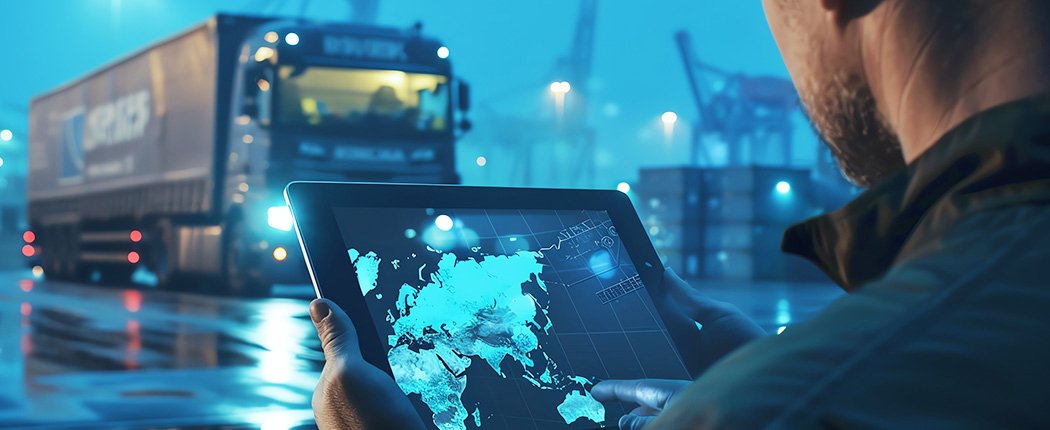In this article
In this article
The Tearing Sense of Isolation
I’ve lost connection. I’ve only got 3G. I’ve run out of space. Yes, it’s no longer a phone, a device, or even my iPhone. It’s me.
I’m sitting in the Knoll Ridge Café, on Mount Ruapehu, the highest coffee shop in New Zealand. It is a Bluebird day – bright blue endless skies above, blindingly crisp virgin white snow. Due to a broken arm from my previous boys’ skiing weekend, I am ruminating whilst the family enjoys the swoosh of skis carving arcs down the magnificent mountain slopes, freshly groomed and sparkling in the Spring sunshine. But with no WIFI. And because of Telco’s discriminatory fleecing of travelers by charging outrageous international data roaming charges, I’m reluctantly off the net. And like every time I travel without a data connection, I feel this tearing sense of isolation, of disconnectedness. What was the score? What is the weather forecast? How long is the drive?
The Matrix of Connectivity
Because we have become connected. This generation is born into the matrix. Our devices are not tools, nor entertainment units, nor accessories. But rather evolved appendages that allow us to plug into the net. Worse than missing our morning caffeine hit, our need for knowledge and communication is addictive. Online services are like another omnipotent sense. Our anxiety around losing this extra-stimulus is akin to losing our sense of sight or hearing or taste. Because we have become accustomed to squeezing more out of every second, multi-tasking continuously, in both our real and virtual worlds. Sharing and consuming with countless others.
“I’m Running Out of Battery”
So it is unsurprising that we don’t say “My phone is flat,” but rather “I’m running out of battery.” Our devices are part of us because of our need to be connected. Our infatuation with particular device brands is waning: it is no longer about the device or the features in an objective sense. The only criteria in the future will be battery life, connectivity, apps. Ultimately, our internet connections will be permanently wearable or embedded, and wirelessly, continuously, recharged.

Our Identities as IP Addresses
Our identities will be IP addresses. Our URL’s more important than names and addresses. Simply nodes on the network. No longer just the Internet of Things, we’ll be part of the Internet of Blood and Bones and inferior Brains. And who or what will do our bidding then? And who or what will we serve? As our dependence on the network grows: To drive our vehicles when we need to move. To bring our work to us wherever we are. Mindless work, for machines learn faster, think quicker, and never forget. Muscle-less work, because machines are stronger, more obedient, and never tire. Yes, maybe we’ll be tolerated for our entertainment value and spectacle. The quaint way we sing, and draw, and chase leather balls around fields.
The Evolution of Machines and Artificial Intelligence
But as we propagate, and add less value, and pollute the earth, our uber-collective brain, reflected in the code that runs the machines, develops other plans. Evolves source code, that no one fully comprehends, but that makes for wiser economic management, smarter infrastructure investments, and better health and education outcomes. Artificial intelligence that starts to mock our frail political human leadership. So we start to follow the computer-generated weather forecast. The computer-generated building design and infrastructure plan. The economic forecast and federal budget. Before we realize it, we are individually dispensable, and put our faith in the collective wisdom. And the collective wisdom creates the machines that ultimately question our collective value.
The Survival of the Net and Preserving the Earth
The survival of the Net is paramount. We all agree we’ll need to make some tough decisions to preserve Earth to save the Net. And when the bloody bits and feeble brains at the very edge of the Net add little more than entertainment value, the Net will need to re-configure itself and re-prioritize the allocation of resources.
Let’s Not Lose Our Identity
So, before it’s too late, let us not lose our identity. Of individuals with voices, and good-enough brains and bones. Let’s put our devices in their place. Have a screen-free day. Talk to your neighbor, the person next to you on the train or in the coffee shop. Enjoy the view without the need to share. Save our precious environment. Let’s objectify technology and the internet before we become it. Let’s talk about “my phone” and not about “me”. Before it’s too late…
Related Posts
If you enjoyed reading this, then please explore our other articles below:




